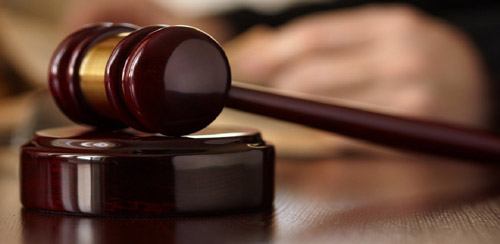Estate and Trust Administration
Probate Administration
A probate or estate administration is what happens after a person dies. In New Jersey, the process is fairly straight forward. The Surrogate (in the county where the decedent lived) appoints an individual (either under the Will or through the administration application) with full authority to act on behalf of a deceased person. The person appointed is sometimes referred to as the personal representative. A person who probates a Will is called the Executor of the Will. Their authority to act is evidenced by Letters Testamentary and an Executor's Short Certificate.
What happens during an Estate Administration
Once appointed, the personal representative is then able to act. The Executor (where there is a Will) is legally required to locate all of the decedent's assets, file any inheritance or estate tax returns required, pay the decedent's bills, file any outstanding income tax returns, and transfer title to assets into the name of the Estate or a beneficiary if specified under the will. From the estate account, the assets will ultimately be delivered to the named beneficiaries of the Estate.
An administrator of an estate (for which there either is no Will or for which no named Executor is willing or able to qualify) will receive Letters of Administration and an Administrator's Short Certificate. The administrator will be able to use those documents in much the same way that an Executor uses theirs. They have the same legal obligations as an Executor. The difference generally is that, being bonded, they must follow some additional steps at the end of the process so that the Surrogate discharges the bond, and the Administrator does not have to pay the premium anymore.
Depending on the value of the estate and the relation of the persons receiving a distribution from the Estate, a New Jersey Transfer Inheritance Tax Return or a federal 706 Estate Tax Return may need to be filed by the Estate's representative. Once the taxing authorities have issued waivers, the Executor or Administrator will make distributions from the estate to the beneficiaries. This requires the personal representative to run judgment searches on all heirs according to New Jersey law or risk having personal liability for the judgments.
Trust Administration
A trust administration is what occurs after a trust is created and funded (either during the lifetime of the trust grantor or through a trust established under a decedent's will). The trust instrument itself appoints a trustee who is authorized to act on behalf of the trust. The trust document itself dictates the parameters of what a trustee must do or not do. The trustee is responsible for securing the trust assets, managing the investments, paying any bills of the trust and filing income tax returns. When the triggering event happens under the trust (ie. The death of the grantor or a beneficiary attaining a certain age), then the Trustee is responsible for transferring the title of the trust property into the name of the designated beneficiaries.
